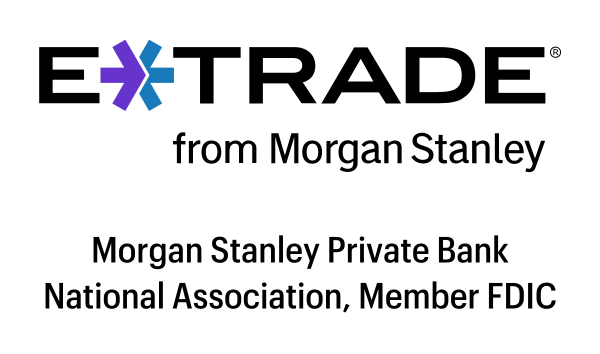How Much Should I Keep in My Checking Account?
Robin Hartill, CFP®, is The Ascent’s Head of Product Ratings and has worked for The Motley Fool since 2020. Her work has appeared in various national publications, including Yahoo! Finance, NerdWallet, Investopedia, CNN Underscored, MSNBC, USA Today, and CNET Money. She previously wrote The Penny Hoarder’s syndicated “Dear Penny” personal finance advice column. She is based in St. Petersburg, Florida.
Our Banking Experts
Ashley Maready is a former history museum professional who made the leap to digital content writing and editing in 2021. She has a BA in History and Philosophy from Hood College and an MA in Applied History from Shippensburg University. Ashley loves creating content for the public and learning new things so she can teach others, whether it's information about salt mining, canal mules, or personal finance.


